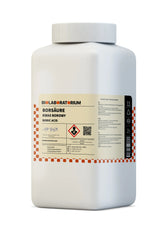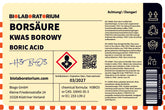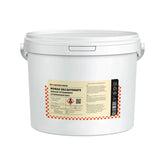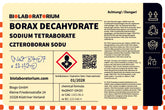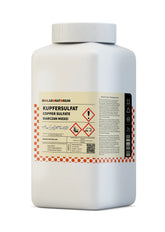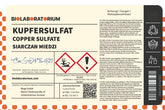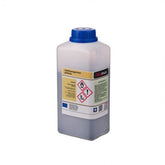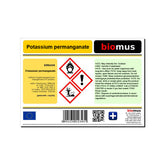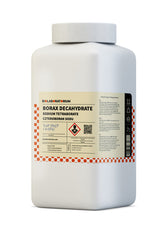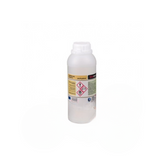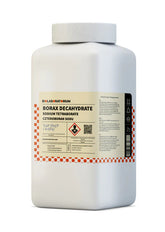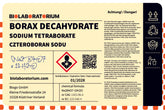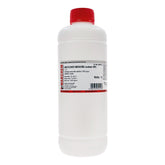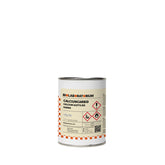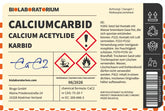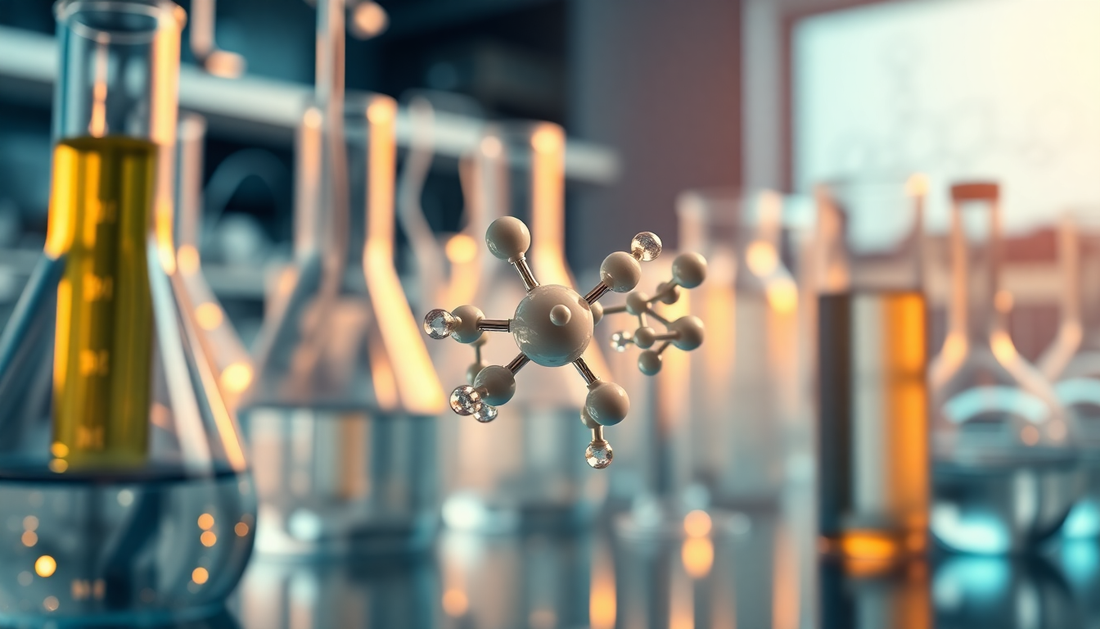L-ascorbic acid – the versatile antioxidant in industry and household
L-ascorbic acid, also known as vitamin C, is a fascinating chemical with a variety of applications in industry and household. As a powerful antioxidant, it plays a crucial role in numerous products and manufacturing processes. In this blog post, we want to take a closer look at the properties and uses of L-ascorbic acid.
The chemistry of L-ascorbic acid
L-ascorbic acid is an organic compound that belongs to the group of vitamins. Its chemical formula is C₆H₈O₆. It is a crystalline, white substance with a slightly acidic taste. Its molecular structure consists of a lactone ring with two hydroxyl groups.
This special structure gives L-ascorbic acid its unique properties as an antioxidant. It can easily donate electrons and thus neutralize free radicals and other reactive oxygen species. This protects sensitive molecules such as proteins, lipids, and DNA from oxidative damage.
Industrial applications of L-ascorbic acid
In the chemical industry, L-ascorbic acid is used in a variety of ways. One of the main areas of application is the food and beverage production. Here, it serves as a natural antioxidant to extend the shelf life and freshness of products. L-ascorbic acid plays an important role especially in fruit juices, canned goods, and baked goods.
In addition, L-ascorbic acid is used in the cosmetics industry. Here, its antioxidant effect is utilized to protect skincare products such as creams and serums from oxidation. Furthermore, L-ascorbic acid can stimulate collagen production, thereby contributing to radiant and youthful skin.
In the pharmaceutical industry, L-ascorbic acid is used as an excipient in medications. For example, it can be used as a stabilizer or solubilizer. Additionally, it is used in dietary supplements as a source of vitamin C.
Oxidation protection in industry
An important application of L-ascorbic acid is oxidation protection in industrial processes. Many chemical reactions and manufacturing processes require careful control of oxidation processes. L-ascorbic acid can act as an effective radical scavenger here and prevent unwanted oxidation reactions.
For example, L-ascorbic acid is used in plastic manufacturing to protect polymers from aging and embrittlement. In the metal industry, it serves as a corrosion inhibitor by preventing the oxidation of metal surfaces.
L-ascorbic acid also plays an important role in paper manufacturing. It can slow down the degradation of cellulose through oxidation and thus increase the durability of paper.
Special applications in chemistry
In addition to the wide range of applications as an antioxidant, there are also some special applications of L-ascorbic acid in the chemical industry:
- As a reducing agent in organic syntheses: L-ascorbic acid can be used as a mild reducing agent to protect sensitive functional groups.
- In electroplating: L-ascorbic acid is used as a complexing agent and reducing agent in metal deposition.
- In photochemistry: L-ascorbic acid is used as a developer in photo labs to make latent images on films and photographic papers visible.
L-ascorbic acid in the household
In addition to the various industrial applications, L-ascorbic acid also plays an important role in the household. As a natural vitamin C, it is an indispensable component of a balanced diet.
The human body cannot produce L-ascorbic acid on its own and therefore depends on intake through food. It is essential for numerous bodily functions, such as supporting the immune system, collagen formation, and protection against oxidative stress.
In addition, L-ascorbic acid is used in household cleaners and detergents. Its ability to remove stains and dirt is utilized here. L-ascorbic acid proves to be particularly effective in removing rust and lime stains.
Conclusion
L-ascorbic acid, also known as vitamin C, is a fascinating chemical with a variety of applications in industry and household. As a powerful antioxidant, it plays a crucial role in numerous products and manufacturing processes.
In the chemical industry, L-ascorbic acid is used as a natural preservative, corrosion inhibitor, and reducing agent. Additionally, its antioxidant effect is utilized in the cosmetics and pharmaceutical industries.
L-ascorbic acid is also indispensable in the household – whether as an essential vitamin in nutrition or as a cleaning agent for removing stubborn stains.
With its diverse properties and applications, L-ascorbic acid is truly a versatile talent in chemistry, indispensable in both industry and household.

